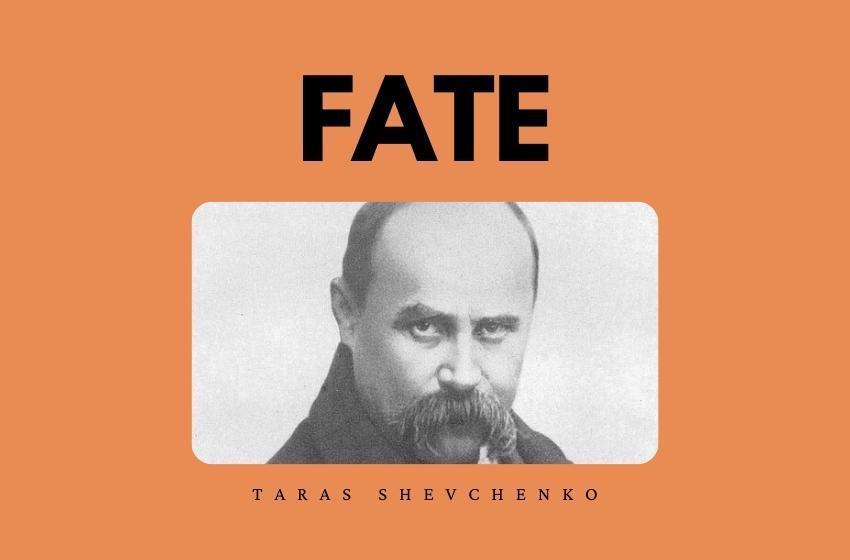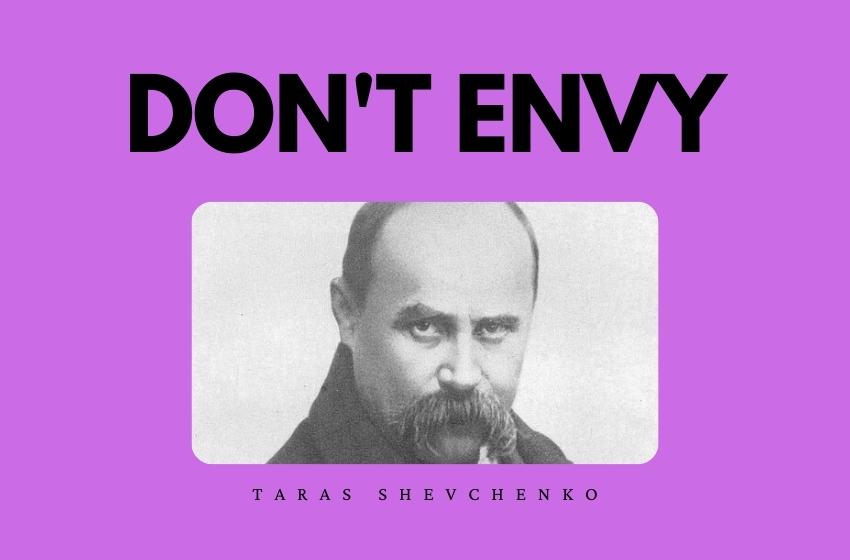Valentin Kataev is credited with suggesting the idea for The Twelve Chairs to his brother Yevgeni Petrov and Ilya Ilf. Kataev's relentless imagination, sensitivity, and originality made him one of the most distinguished Soviet writers.
The director opened the newspaper and a cold shiver ran down his spine.
“Call the secretary!†he cried hoarsely into space, pressing his clenched fists to his temples.
“You wanted me, sir?†the secretary asked, delicately sidling into the office.
“I did. Sit down. Did you read?â€
“Well, what do you think of it?â€
“I think, sir, that it must be fought, sir.â€
“Bureaucracy?â€
“Bureaucracy, sir. Yes, sir.â€
“Right! Exactly! It must be fought. We must fight bureaucracy. Or what does it come to, comrades! It is outrageous, comrades! The young Soviet apparatus is permeated, comrades, by the old-style, moldy, malodorous red tape and bureacracy, and we are sitting here and paying no attention! It’s a hell of a thing, comrades, if you’ll pardon the expression! Even newspapers are talking about it. In short, we must take the most resolute steps to extirpate bureaucracy! Root and stock! Am I right?â€
“You’re right, sir. It’s the holy truth, sir.â€
“There! You will take care of it, comrade secretary, issue instructions. There must be no more bureaucracy. Starting right now. It’s a crash assignment. Urgently—immediately—personally…. No admission without permission. … I mean, what the devil! What am I saying? My head is going round…. That’s all we need, to have them come and find bureaucracy in our organization. And whose fault will it be? It’s impossible, comrades! You’ll run me into the ground, comrades. Don’t you understand?â€
“I understand, sir.â€
“Go to work at once, my dear man! Draw up a plan for the immediate extirpation of bureaucracy, then submit it for signature to my deputy and to me; correlate, coordinate, process it; multiply it, mail it out, post it up, get the receipts. Handshakes are abolished, no admission without permission, the throwing of cigarette butts on the floor strictly prohibited. … I mean, hell! … What am I saying! I’m getting all mixed up. In a word, get to work on it!â€
“Yes, sir.â€
“Coordinated?â€
“Coordinated, sir.â€
“Correlated?â€
“Correlated, sir.â€
“Ventilated?â€
“Ventilated, sir.â€
“Duly processed?â€
“Duly processed, sir.â€
“Did my deputy sign it?â€
“No, sir.â€
“And wh-hy?â€
“Because, sir, he is on vacation, sir.â€
“On vacation? Hm…. And who is deputized to take his place?â€
“You, sir, you are deputized, sir.â€
“I?â€
“Yes, sir.â€
“Hm. … In that case, give me the plan. I’ll look it over and sign it as the deputy, then you will register the signature and submit it to me as the director. Is that clear?â€
“It’s clear, sir.â€
“Very well, go on.â€
“Comrade deputy director, here is a little plan that needs to be looked over and signed, sir.â€
“What plan?â€
“Concerning the struggle against bureaucracy, sir.â€
“Good. Leave it. I’ll look it over.â€
“Yes, sir.â€
“Well, did my deputy sign the plan?â€
“No, sir. He told me to, leave it. He promised to look it over, sir.â€
“Outrageous! Red tape! Bureaucracy! I shall write him a memorandum at once on the inadmissibility of such outrageous red tape in a matter of nationwide importance. Take the memorandum. Put it through the records department. Stamp it and take it to my deputy. Get his receipt.â€
“You mean yours?â€
“Not mine, my deputy’s.â€
“But you are the deputy of your deputy, sir.â€
“Silence! I know! In private life I may be I, but officially I am not only I, but also my own deputy and the deputy of my own deputy. Is that clear?â€
“Very clear, sir.â€
“Comrade deputy, a memorandum to you from the director.â€
“Give it to me. Leave it. I shall look it over at home.â€
“Did my deputy read the memorandum?â€
“No, sir, he didn’t, sir. He kept it. He promised to look it over at home.â€
“The scoundrel! Call him here.â€
“But, sir … how … sir, if you and he, sir … are one and the same person, sir?â€
“Silence! Officially there can be no such thing as one and the same person. Here all persons are official! Call him!â€
“Yes, sir. Comrade deputy, the comrade director wants to see you, sir.â€
“Tell him I’m coming.â€
“They asked me to say, comrade director, sir, that they will come at once, sir!â€
“Very well, you may go.â€
An hour later, the visitors who stood in a long queue outside the director’s office heard the loud voice of the director in angry conversation with himself:
“Is it correlated?â€
“If’s correlated.â€
“Coordinated?â€
“Coordinated.â€
“Processed?â€
“Processed.â€
“Did you sign it?â€
“I did not sign itâ€
“Why?â€
“Because you should sign it first.â€
“I am your superior! I will not sign first! You must sign first!â€
“I will not!â€
“I will dismiss you.â€
“And I will complain!â€
“You wretched bureaucrat!â€
“Look who is talking! Miserable red-tapist!â€
“What’s going on?†the visitors asked the messenger, Nikita.
“Oh, that’s our director, fighting bureaucracy.â€
And from behind the doors of the office came wild shrieks:
“First priority! Most urgent! Incoming and outgoing! Coordinate, correlate, process, verify. No admission without permission, butts on the floor strictly prohibited, no advances issued! … Ha-ha-ha-ha….â€
1922-1925
Translated by Mirra Ginsburg





















